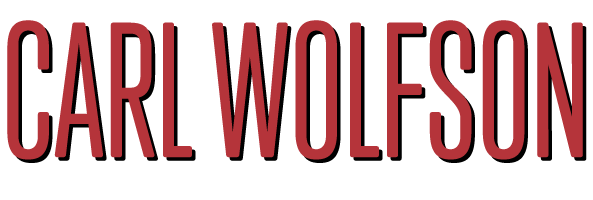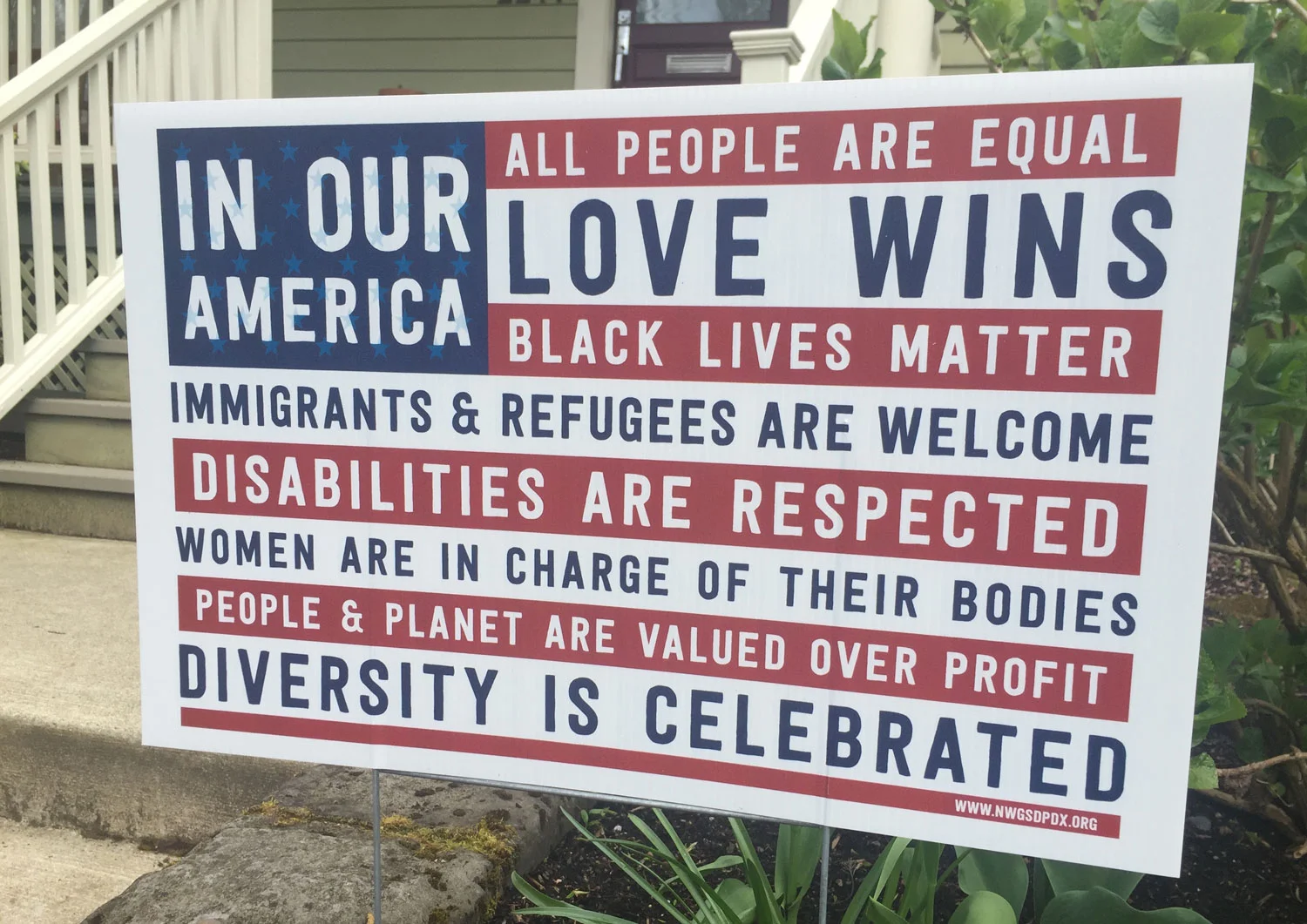Here is a story for Pride Month.
After my college graduation, I worked for five years at Holder-Kennedy, a public relations-advertising agency in Nashville, Tennessee. During 1976, my second year at the company, there were three gay employees: Bob Wiggins and I were account executives, and Allen Miller was a student intern from the University of Tennessee.
We were only out to each other and a handful of close friends. Being out had its risks then, for employment, family relations, safety and more. And Nashville in the 1970s was not the liberal bastion it is now; in fact, it was very much the "Buckle of the Bible Belt."
One morning, Bob and Allen and I were having coffee and chatting in the break room. An assistant, Melinda Wilson, walked in. She said:
"Oh! I watched a special on Liberace last night. What a fag! I can spot them a mile off!"
After she poured her coffee and departed, we had a vigorous laugh. Maybe she could spot a gay man at that distance, but apparently not three gay men within two feet of her.
This is a somewhat humorous memory. But it contains a sadness that is familiar to those of us in the LGBTQ community.
My Facebook friend, Jonathan McGinley, posted this observation recently:
"Gay people don't grow up as ourselves. We grow up playing a version of ourselves that sacrifices authenticity to minimize humiliation and prejudice. The massive task of our adult lives is to unpick which parts of ourselves are truly us and which parts we have created to protect us."
Gay life in 2021, especially in diverse and enlightened locales and where basic rights have been won, is light years better than in 1976 Nashville. Yet, in some parts of this nation, and in many countries of the world, it is far worse.
And, regardless of sexuality, if all of us more fully embraced our true selves -- by this I mean our humanity -- what a happier world it would be!
I think this is the real meaning of Pride.

